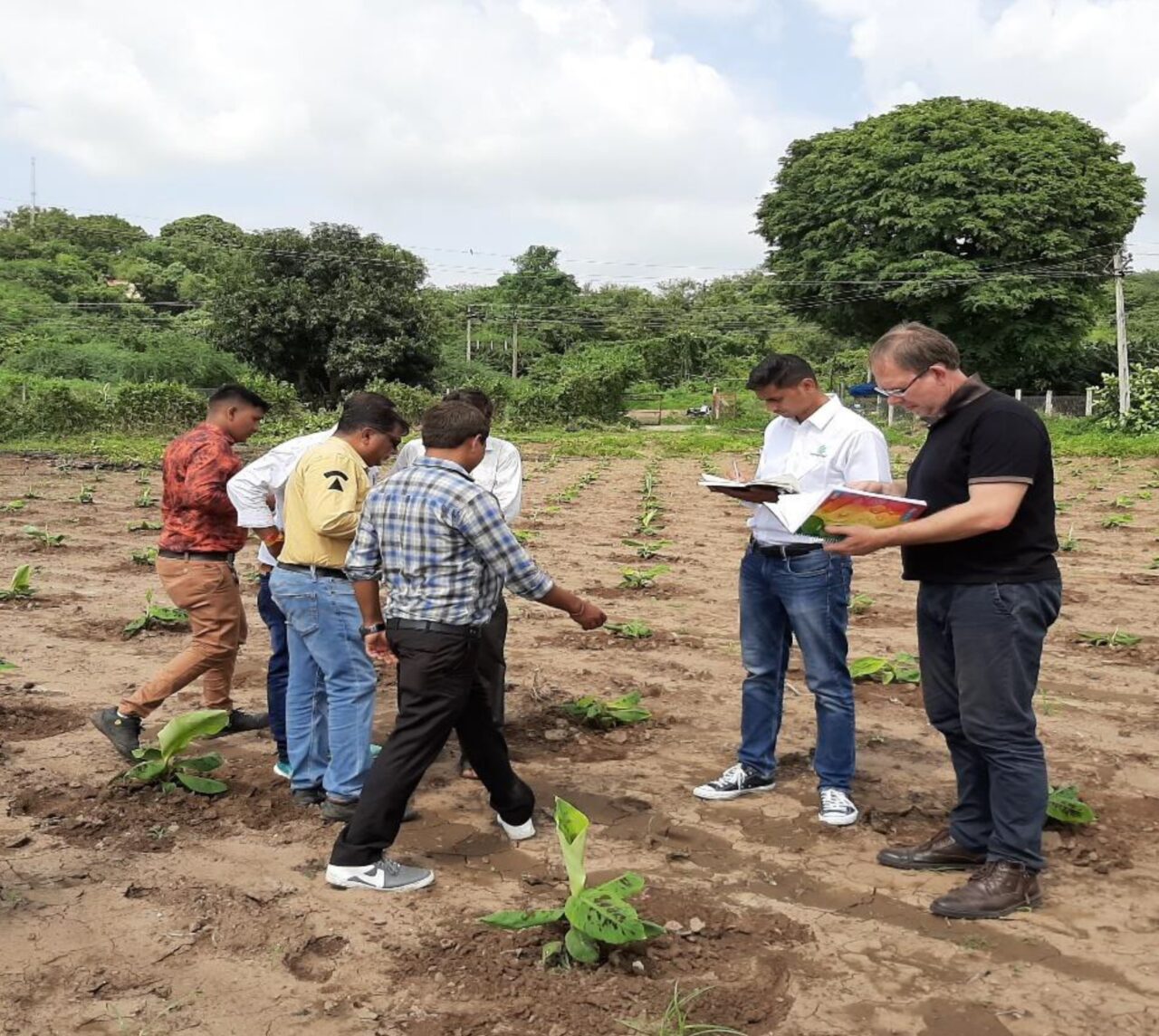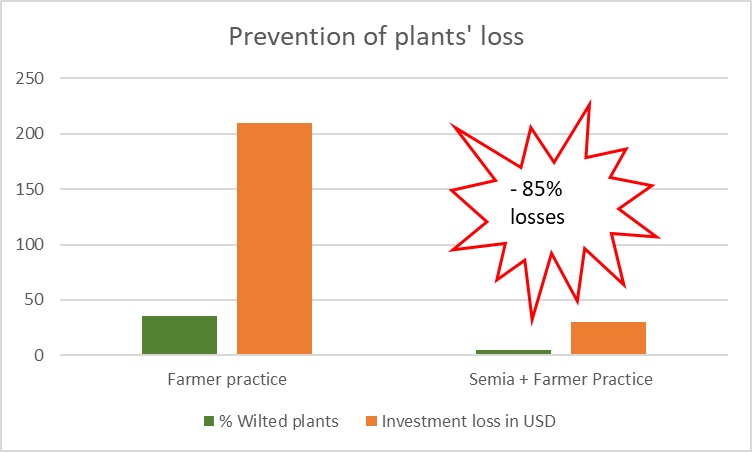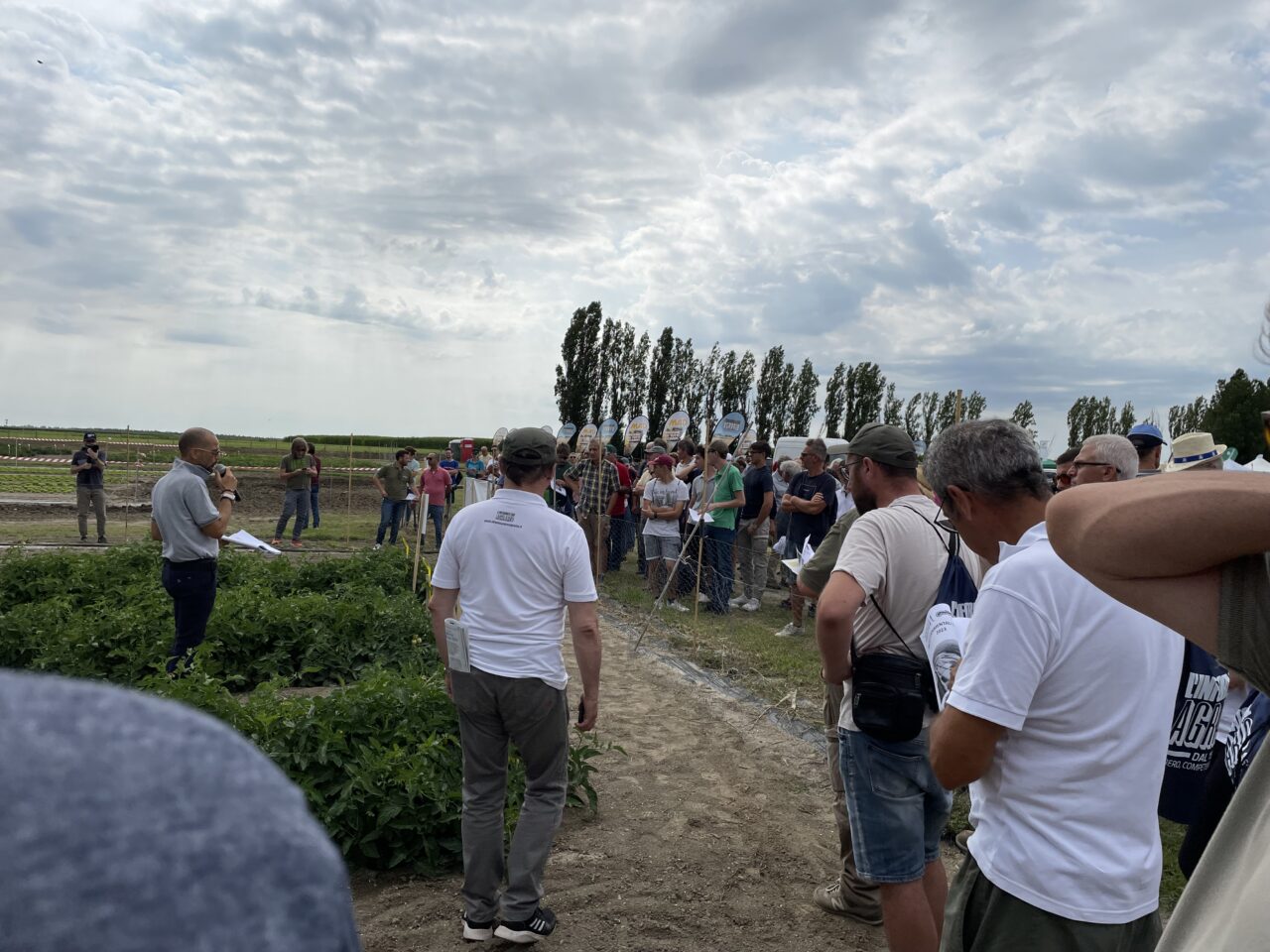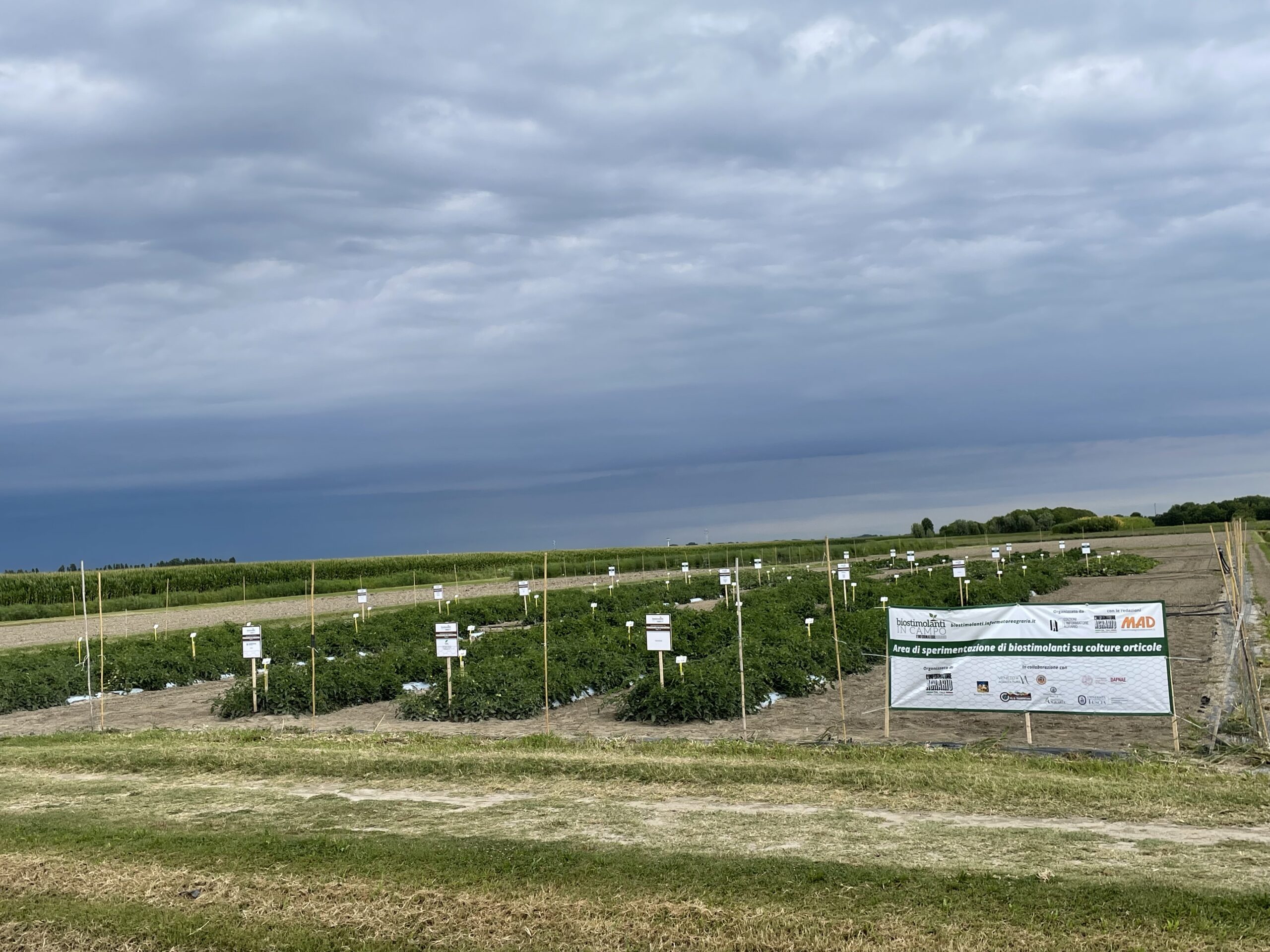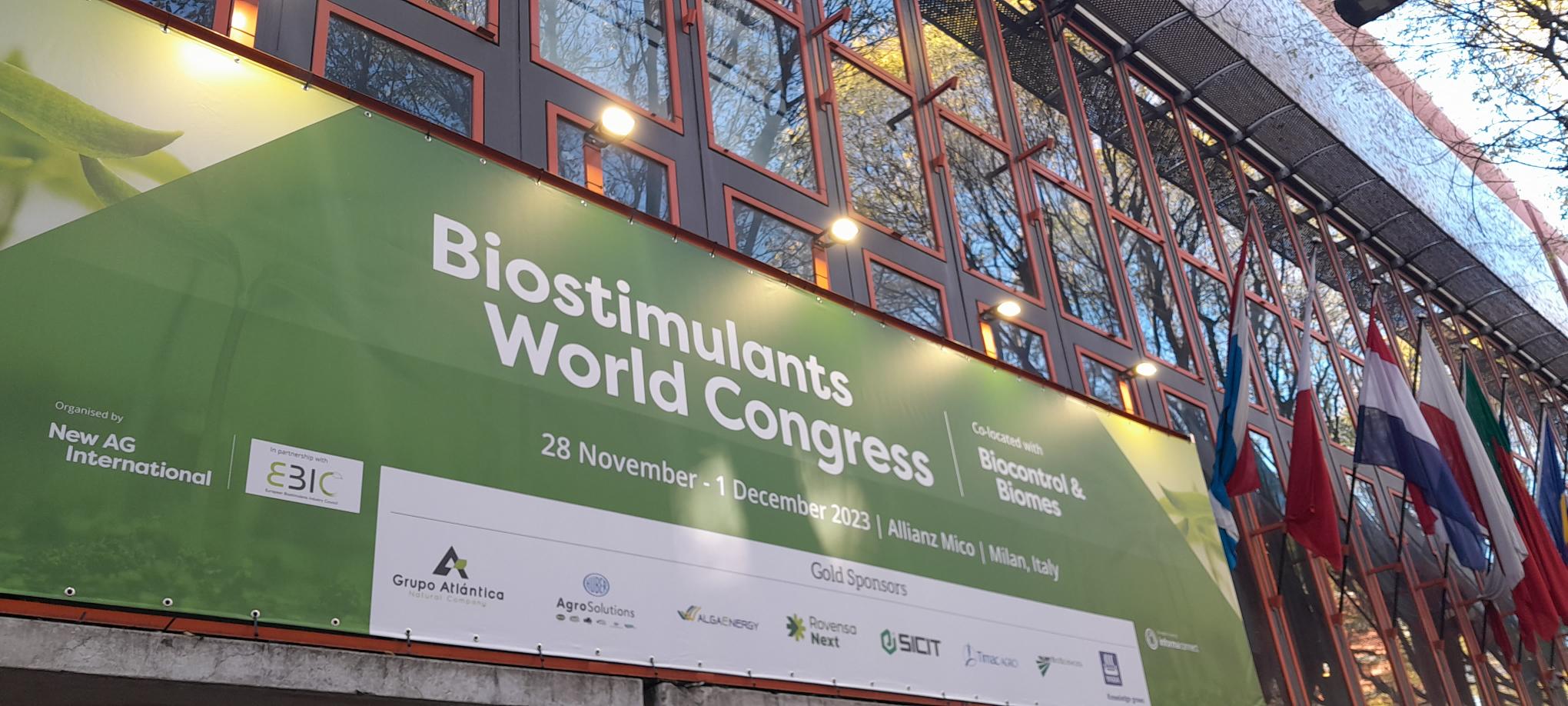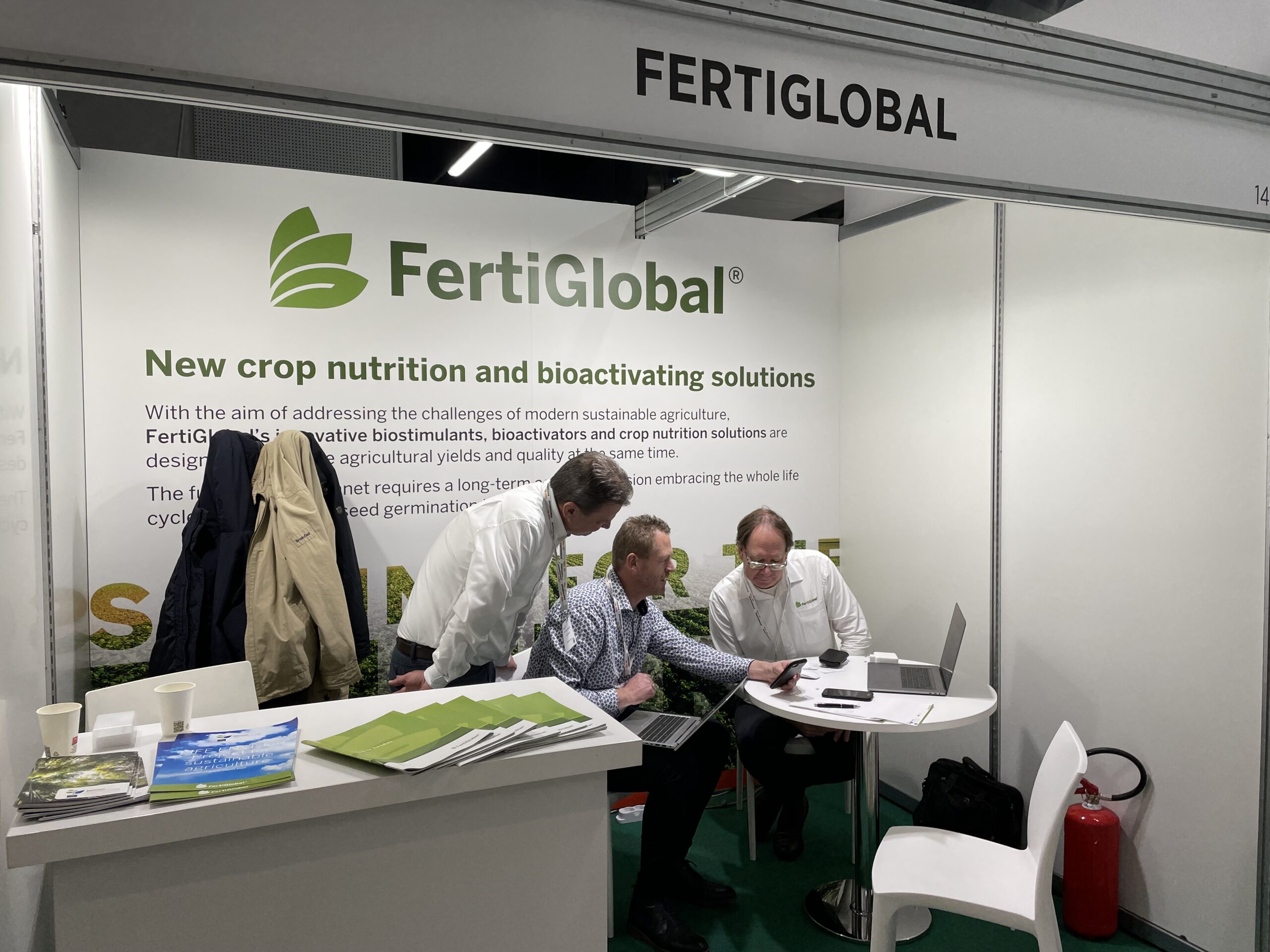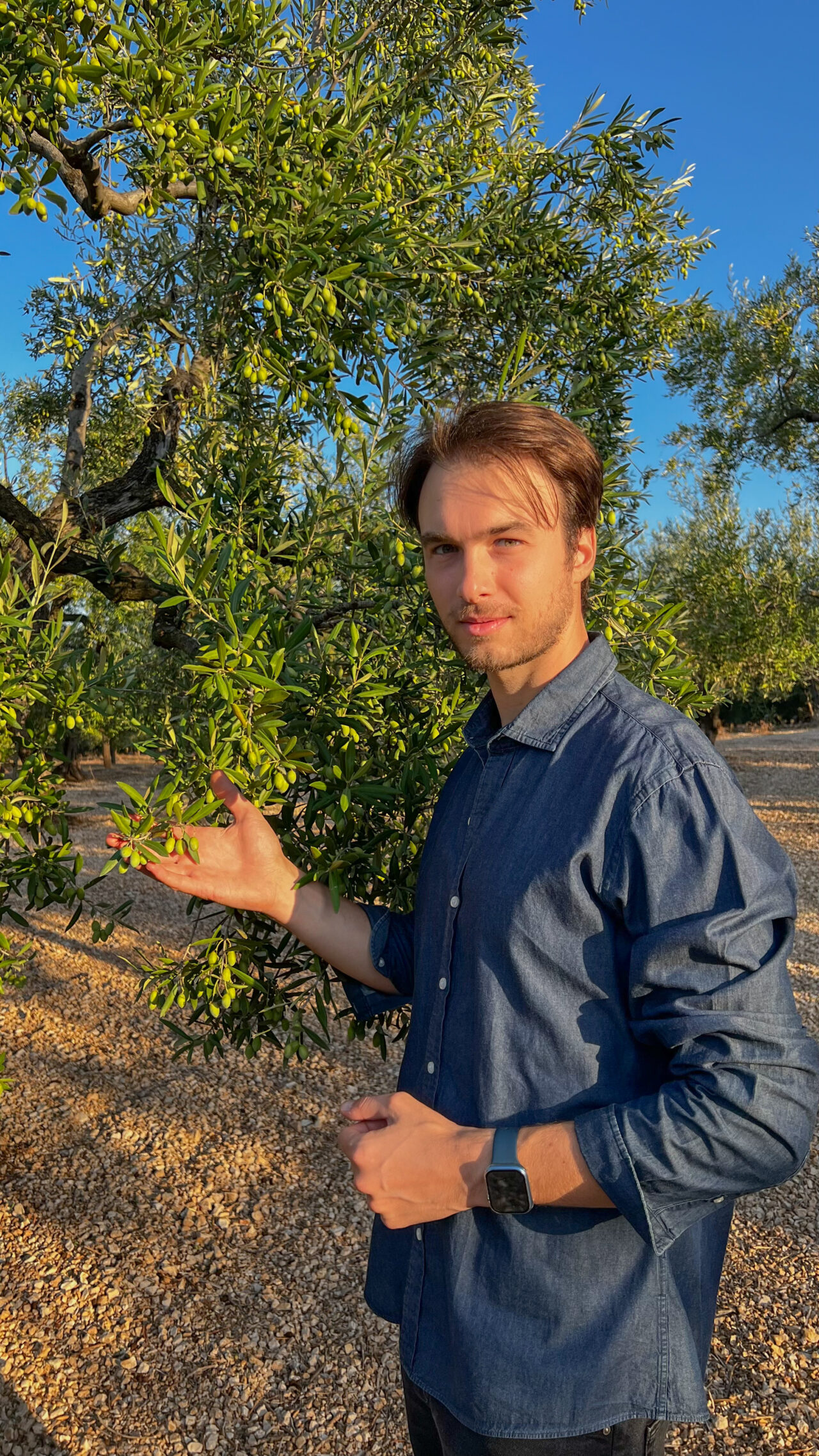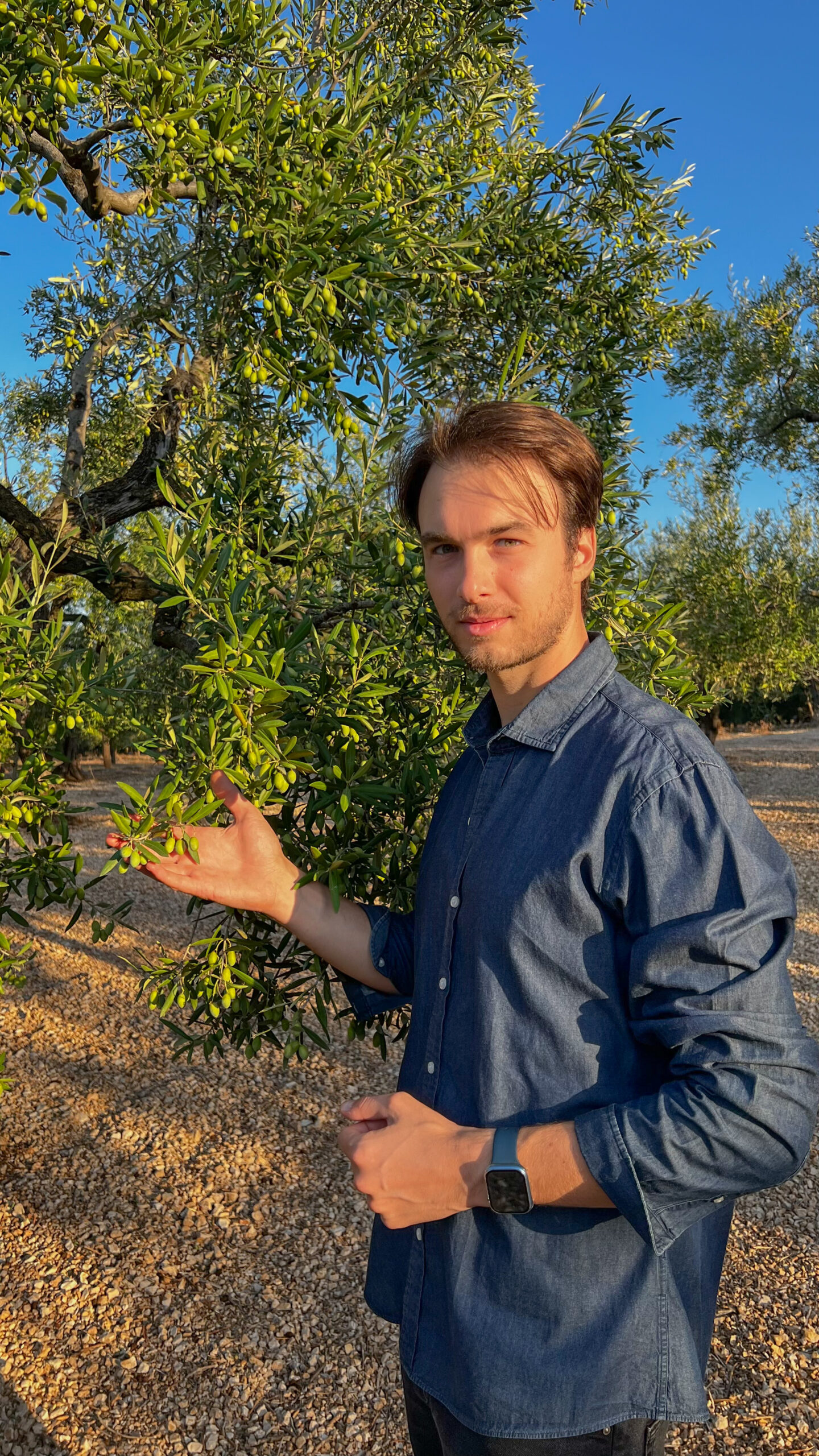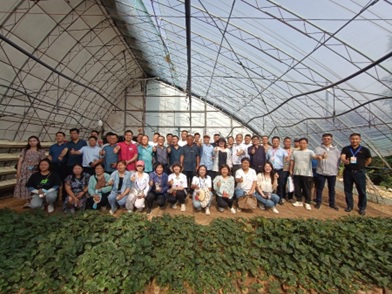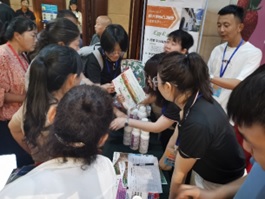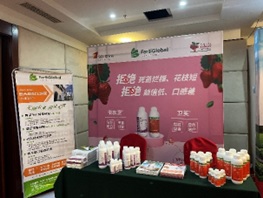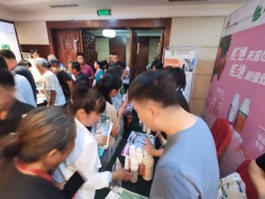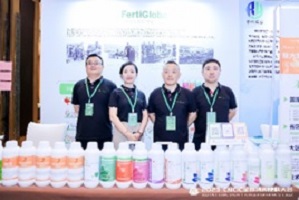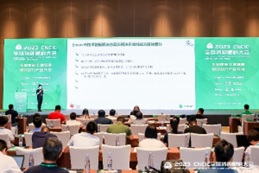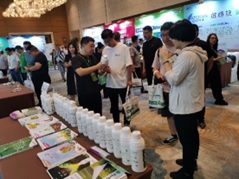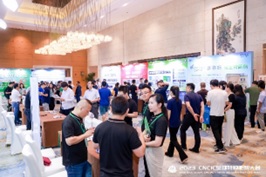Report from global tour
Why FertiGlobal values its partners
A trip to South Africa beckoned for Claus Brakemeier, FertiGlobal’s Business Development Manager, in March. Here he explains what took him there.
Sustainability, productivity and profitability: three of the key benefits ‘hard-wired’ into every FertiGlobal product.
But every one of our products – which all focus on protection, whether that’s of soil, seed, plant, yield or farmer – also comes with significant customer technical support. That’s in place to help farmers better understand our holistic concept of ‘Total Crop Management: the idea that optimising a crop’s yield potential is totally dependent on optimum plant health.
Every nugget of technical support has its origins in our R&D function. But how does that reach the farmer in the field, to give him or her the essential grasp of a FertiGlobal product?
Of course, there’s always the internet. Our website is a veritable treasure trove of technical guidance, essential trial results, and the all-essential regulatory information. Together, this provides an important backstop for any of our customers, wherever they happen to be in the world.
The internet, though, is only part of the story.
What really makes the difference is who we partner with to bring our products to end-users in new countries. These partners are vital in ensuring that our products reach the right audiences, with the right messaging, and with the right support to see them perform just as we intended when we developed them at our R&D facility in Italy.
Bancella, our partner in this region, is well-known for its commitment to bring new technologies to farmers – especially those that will allow agriculture to realise a more sustainable future in its key mission of feeding the world.
We’re delighted to be working with a partner who shares our beliefs. It was a pleasure to spend time with them, and their own regional partners, to get to grips with the agricultural zeitgeist in the region. As well as South Africa, we also visited Zambia and Zimbabwe.






Having a partner like Bancella on the ground is particularly important for securing registrations in an efficient and timely manner. Anyone familiar with registration of crop inputs will know the spectrum of legislation across different countries, from ‘light touch’ to stringent.
Right now, Bancella is just beginning our market development across the region. In South Africa itself registration takes up to a year, with one in progress and five more in preparation, but in both Zambia and Zimbabwe the process is swifter: we have already registered seven and four products respectively.
What’s been really heartening to see is the sheer interest not only in FertiGlobal products but also the appetite from farmers and their advisers for solid, reliable technical information.
During my visit, I worked with Bancella’s local distributors to share with their advisers the key messages that lie behind FertiGlobal products, such as EnNuVi Technology, OK, Dinamico and Vesta. This kind of work is of vital importance when taking products into a new market: we need to be sure that advisers are confident about the ability of the products, in which crops they are most suited, and how farmers can maximise their benefits.
In the next blog, I’ll look more closely at some of the products we’re focusing on for this region and how we expect them to find a favourable reception with farmers across South Africa, Zambia and Zimbabwe.



